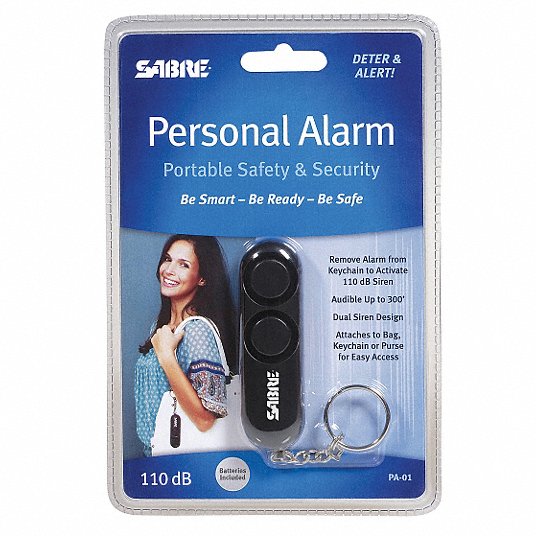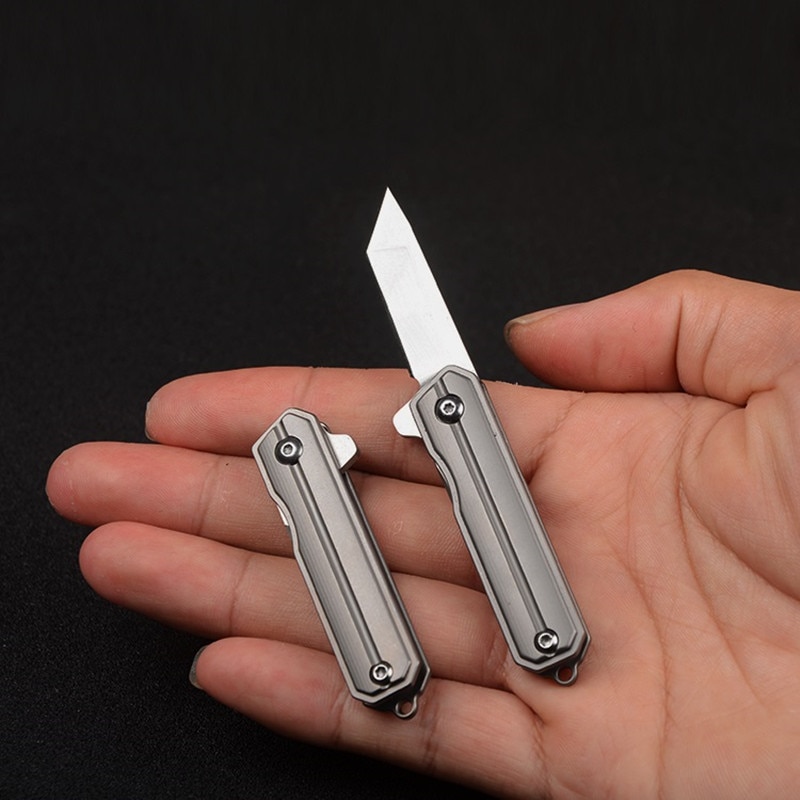
There are some key differences between social anxiety and depression. First, you need to know the signs and symptoms. There are two types of anxiety. Second, the treatment options are different for each. If you are suffering from social anxiety, it is best to consult a qualified professional for the right treatment. After all, you can't handle social situations alone. These issues require extra support and guidance.
Differentiation between depression and social anxious disorder
It's important to understand the difference between social anxiety disorder and depression. While both disorders may be caused by the same underlying conditions, they may not be identical. People with social anxiety disorder often have stressful life experiences that trigger the anxiety. Treatments for this condition can help a person overcome their social fears and improve their overall quality of life. To manage the symptoms, medication and cognitive behavioral therapy may be used. Treatment can be long-lasting or temporary, depending upon the individual's needs.
Social anxiety disorder is characterized by severe symptoms that can make it difficult to feel hopeful and alone. These symptoms can affect daily life and make it difficult for people to reach out to others. Ask your mental health professional about how symptoms affect daily life.

Social anxiety disorder symptoms and signs
A health care provider should be consulted if you think you may have social anxiety disorder. They can perform tests and physical exams to determine the severity of your symptoms. They can refer you to a mental healthcare professional if necessary for diagnosis and treatment. They may recommend medication, or psychotherapy, depending on your symptoms.
Social anxiety disorder is characterized by social anxiety symptoms, such as difficulty asserting oneself, feelings of inferiority, excessive anger, hypersensitivity to criticism, and feelings of inferiority. You may be unable to attend certain events or avoid certain situations altogether. Social anxiety can cause people to avoid socializing with their family members or friends, and even lead them to decline promotions at work.
There are many treatment options
Many people suffer from social anxiety. There are several treatment options. Cognitive behavioral therapy (or a combination of it and medications) can ease symptoms and improve mood. FDA approval has been granted to selective serotonin reuptake inhibitions (SSRIs), like paroxetine and venlafaxine. Many people find support groups beneficial.
Social anxiety disorder, a mental illness, can cause severe impairments in one's daily life. It can stop someone from working, going to school, maintaining healthy relationships with others, or taking care of themselves.

Social anxiety disorder and depression: Links
The link between social anxiety disorder and depression is not well understood, but some studies suggest there are some connections between the two conditions. One study found that people suffering from social anxiety disorder (SAD) are at greater risk for depression. Another study concluded that depressive disorder onset, persistence, or recurrence in adolescents with comorbid SAD was higher than in those without it. These findings might help us target interventions to depression patients.
Researchers from the Washington University in St. Louis have developed a new model that describes the relationship between social anxiety and depression. The network is thought to be a causal network, in which symptoms that are similar can interact and act together as bridges. The new theory states that social anxiety disorder is a common sign of depression. It can also be experienced by people suffering from severe depression when they find themselves in embarrassing situations.
FAQ
Where can a stungun be purchased?
There are many places that you can purchase stun gun.
You can check online stores like Amazon .com, eBay, Walmart, etc.
Brick-and mortar stores like hardware, sporting goods, and other stores can be visited.
How do beginners do self-defense?
Self-defense is not just for people who have been trained by experts. You must also be able to defend yourself alone. It is important to learn the basics of how to defend yourself against an attack.
You can start by practicing simple movements such as punching, kicking, and kneeing. Next, move on to advanced moves such as grappling and joint lock.
It is always beneficial to practice what you might encounter in real-life situations. To learn how to kick someone you need to practice on something soft, such as a pillow.
By doing this, you will not injure yourself while practicing. Don't hit anything too hard or you might damage something.
Do stun guns hurt people?
It's not true. A stun gun is a device that injects small amounts of current into the skin.
This isn't permanent damage.
What does the stun gun do for an attacker
The stun gun uses electricity in order to incapacitate the victim. The electric shock causes muscle contractions that prevent them moving. This makes them unable to fight back.
Stun guns usually work best when used on the neck or head area.
The most common use of a stungun is to shoot at the victim's body parts until they become unconscious.
Some stun guns also emit high-pitched sounds to scare attackers. These stun gun types are called TASERs.
Statistics
- Most likely, the person will want some kind of boxing match, so if you can out-box them, this would be 100% ideal for survival. (budodragon.com)
- Kung Fu alone has 400 unique martial art styles – and whilst you likely won't be able to find a school for each form, many other martial arts are completely different altogether. (budodragon.com)
- Some people walk into a gym thinking they are going to become the best by training whenever they like and not putting 100% effort in. (budodragon.com)
- The Rape, Abuse & Incest National Network reports that 70 percent of sexual violence cases aren't committed by random strangers in a dark alley but by people we know: friends, family, partners, co-workers, etc. (healthline.com)
External Links
How To
How to Survive a Home Invasion
Home invasion is terrifying, especially when you have kids. When we began our home security system installation journey, we didn't realize we'd live through it ourselves. Here's the information we've gleaned so far.
-
Don't Let Your Kids See The Attackers. Two men entered our home while our children were asleep upstairs. They were taken downstairs by us until police arrived. The police arrived and our kids were not hurt. However, the traumatizing images did enough to make them feel scared.
-
Lock Up All Valuables. We keep valuables locked up in a safe in our bedroom. Even if someone breaks into the house, they won't be able to access it.
-
Keep an eye out for burglars. We live in a neighborhood that has a lot of burglaries. We keep a look out for suspicious people and cars.
-
Always have a backup plan. Our family will be financially protected in case anything happens. If necessary, we have a plan for leaving the country.
-
Prepare. Prepare for anything. Make sure you have food, water, and other supplies ready.
-
Call 911 First. After you discover that someone is breaking into your home, immediately call 911. It's better to call the authorities than to wait for them to break down your door.
-
Use common sense. Never allow anyone into your home who doesn't belong. You should not invite strangers to your home.
-
You can get help from nearby neighbors and people who live in the same area. Call neighbors or friends if you feel unsafe. They can watch your back, while you call the police.
-
Stay Calm And Do As Instructed By Police Officers. Do what is asked. Don't run away or resist arrest.
-
Take photos of all evidence. Photograph any evidence that is found during an investigation. This includes blood samples and fingerprints.
-
Local Law Enforcement. Even if you are not the victim, it is a good idea to file a report with local law enforcement. It may help you avoid future criminal acts.
-
Call the Insurance Company immediately. Contact your insurance company right away. Tell them everything that happened and ask for an adjuster to come out to assess the damage.
-
Remove Personal Belongings. Be sure to get rid of personal belongings before you leave. It is best to take your expensive jewelry off and place it somewhere safe.
-
Make sure you take care of yourself. Keep your surroundings clean. Clear away trash and broken glass. Make sure that all doors and windows are securely locked.
-
Talk about What happened. Don't talk about anyone's past. You never know who might try to use this information against you later on.